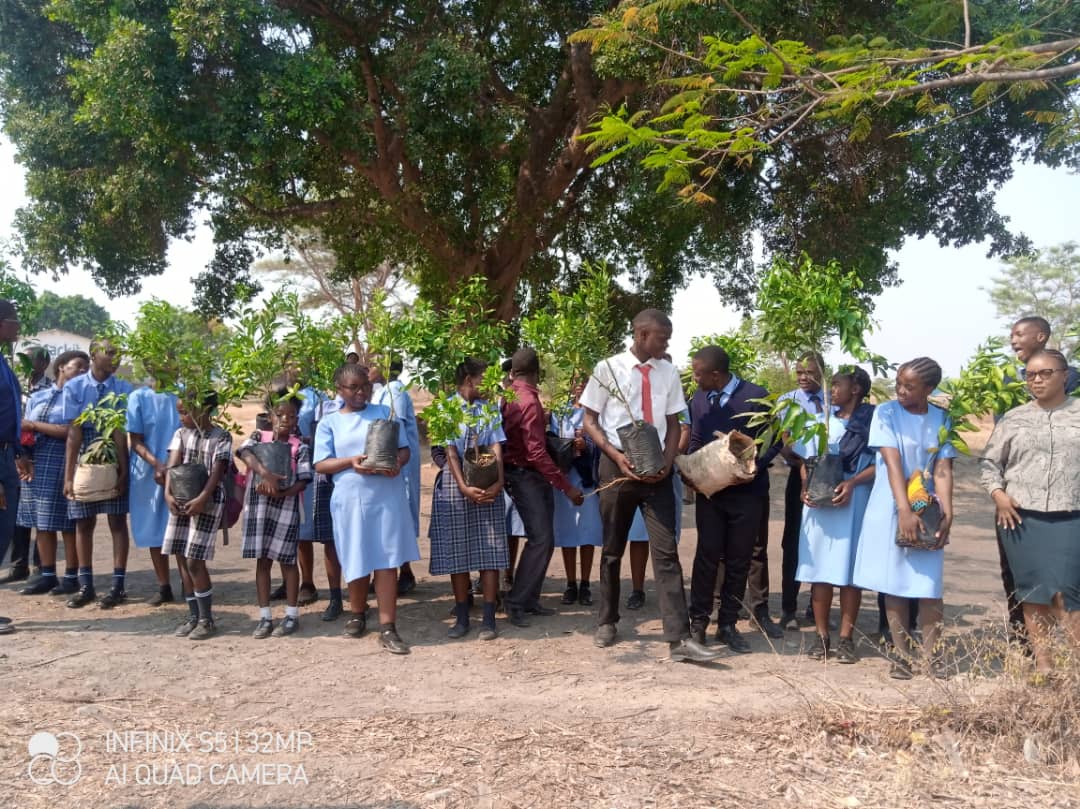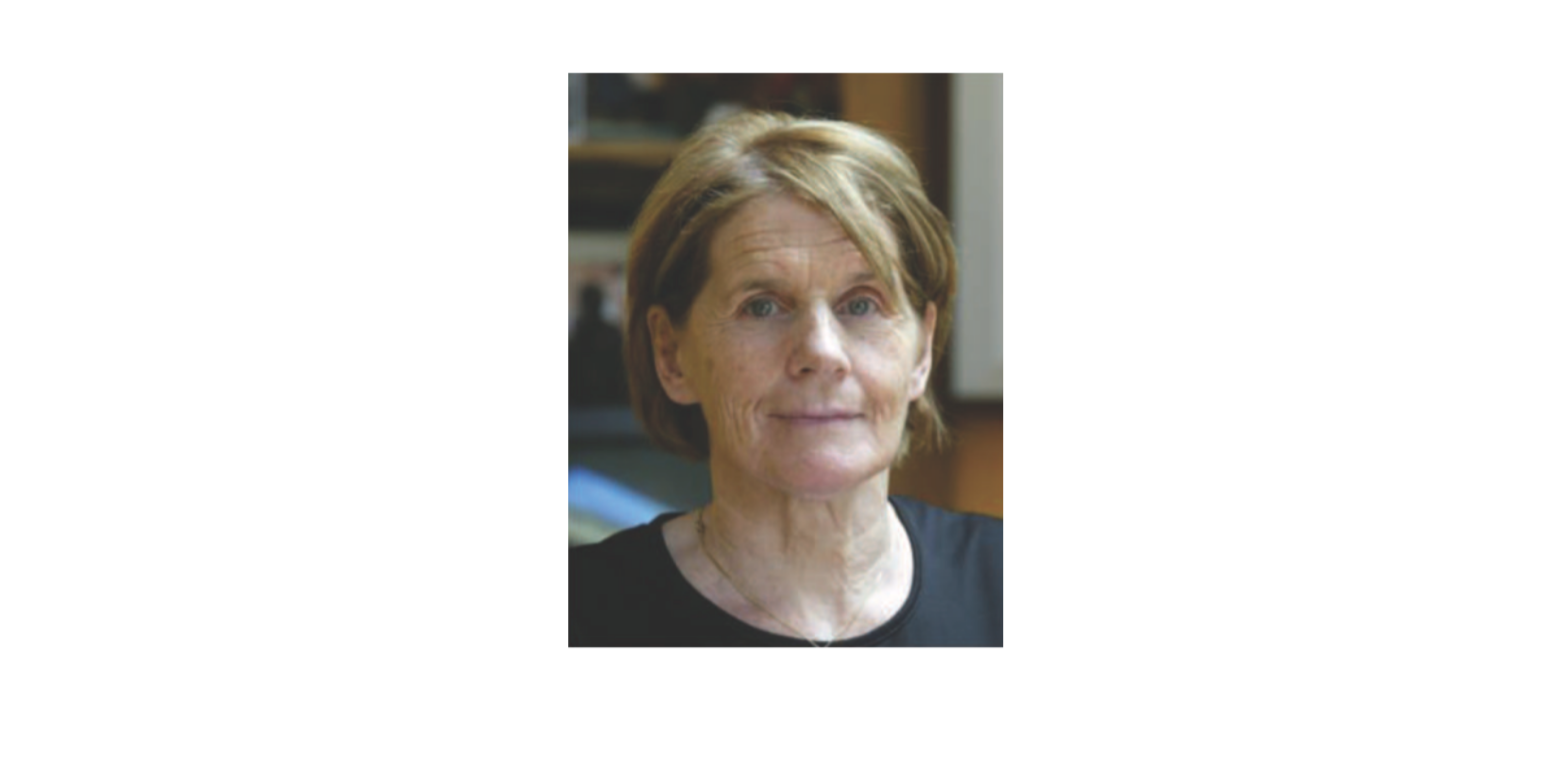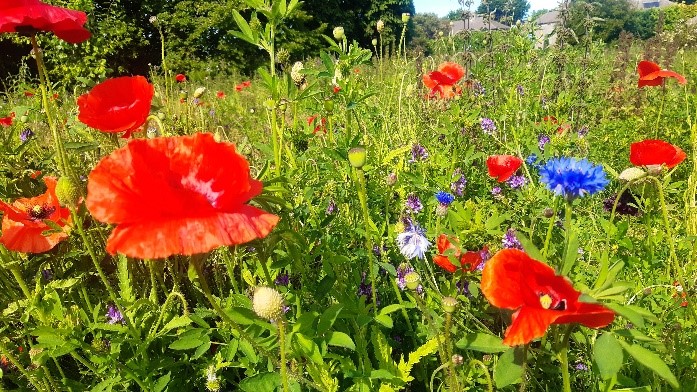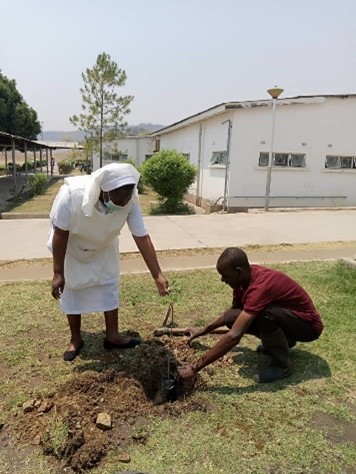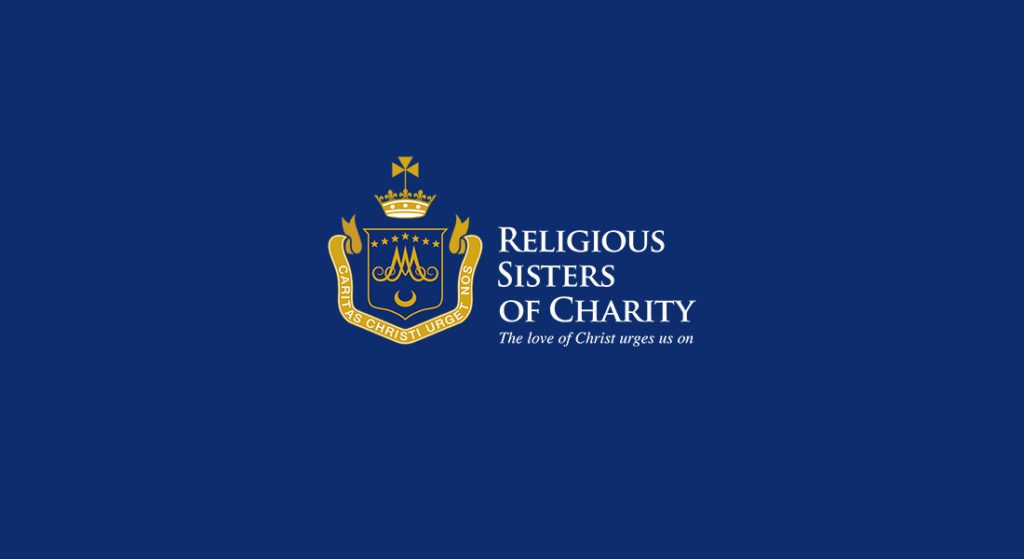
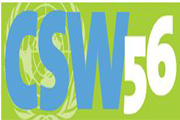 The fifty-sixth session of the Commission on the Status of Women is taking place at United Nations Headquarters in New York from Monday, 27 February to Friday, 9 March 2012. Sr Pat Kenny RSC from England and Sr Suzette Clark rsc from Australia are there representing the Sisters of Charity. Here Pat tells us about her experience of the Commission:
The fifty-sixth session of the Commission on the Status of Women is taking place at United Nations Headquarters in New York from Monday, 27 February to Friday, 9 March 2012. Sr Pat Kenny RSC from England and Sr Suzette Clark rsc from Australia are there representing the Sisters of Charity. Here Pat tells us about her experience of the Commission:
“The theme of the Commission this year is the empowerment of rural women and comes at a time when the present global financial crisis has shrunk public funds when poor women need government assistance the most. Landlessness for rural women is on the rise as corporations speculate and engage in land grabs.
It is reported that women produce 60-80% of food consumed but own only a small fraction of the land on which it is produced. Women receive less than 10% of all loans and 5% of technical assistance resources. The Food and Agriculture Organisation (FAO) states “If women’s access to productive resources were the same as men’s, women’s contribution could reduce the total number of hungry people by 12-17%”. This data shows the potential as well as the problem.
This was information gleaned as we attended a number of side events hosted by Non Government Organisations (NGOs) where we heard of much hardship and great stamina and courage as women tried to fulfil their roles as providers and safe guarders of their families. The empowerment of rural women can only be achieved through the full realisation of their human rights. These are seen as equal access with men to land, markets, health-care facilities, training, education and decent living conditions. (The Convention on the Elimination of All Forms of Discrimination against Women, CEDAW)
There is much innovative work being carried out around the world. At a workshop entitled ‘Communicating the Heart of Woman to Motivate Change’ we heard of PCI-Media Impact whose work in South America, the Caribbean, Mexico and recently in some parts of Africa involves local communities in Radio phone-in programmes and television soap operas where residents take part in highlighting problems through telling stories and seeking to resolve them. The uptake has been remarkable as they find they often have the solution themselves. PCI-Media Impact are also involved in mobilisation of communities in such programmes as recycling and seatbelt use which has called for political reform as well as change in local practice.
Rural Women of the Americas described the changing attitudes in the USA where the speaker stated that she was not the farmer’s wife but the farmer alongside her husband! Work with poorer rural women meant predominantly communities of colour through education programmes with an MA degree programme which was off campus. This emphasised the need to validate people where they are rather than beginning with expectations they could not meet, in this way building capacity rather than being selective. It also allows the voices of grassroots people to be heard!
One of the most profound experiences was to see and hear women of Iraq and Iran speak out against the violence which permeates their lives and for which they came looking for support. That event organiser spoke of violence towards women as pandemic. If it were any other type of ‘outbreak’ the world would know of it and a solution sought. For women, especially rural women and especially those in developing countries, the world has turned a blind eye. The call of the Commission is for us all to be alert and willing to help bring about change.
One of the events highlighting Human Trafficking was organised by the Coalition Against the Trafficking of Women (CATW). This was the first NGO to fight against trafficking. Their theme was Rural Supply/Urban Demand. Their speakers’ experience ranged from the Philippines where girls/women are taken to service the growing tourist industry, mining community and in the light of the disasters of the past few years, because of the abject poverty resulting from the lack of harvest/climate change. The speaker from Europe spoke of the large military base in Djibouti and the mines there which are drawing women from outside the country. One piece of good news from Albania was that CATW and some women journalists are working together on a project ‘Yes to Cultural Tourism. No to Sex Tourism’ with some effect. The third speaker was Victor Malorek, author of ‘The Natashas’ and ‘The Johns’ who spoke passionately about this, the oldest form of oppression of women as international sexual terrorism of women and children.
The event sponsored by UNANIMA-International was Models of Empowerment of Rural Women where examples were taken from Tanzania where local communities in the Archdiocese of Dar Es Salaam take part in workshops to sensitise them to their potential as people of worth and help them to own their own life decisions. The person from Florida was a field worker in the tomato growing industry who along with seven others challenged their employers and eventually the buyers of the crop to offer a fair wage and conditions plus a realistic price for the tomatoes. The courage of this group, which has grown now into hundreds, has known no bounds. If there is injustice in the field and the bosses won’t listen, they dare to approach the buyers who have agreed to give extra for their effort. They go to the extent of hunger strikes to make their point. Next week 25 of them will begin a fast outside one of the main supermarkets, Publics, in Florida in an effort to get them to recognise the conditions of those who work for the food on that shop’s shelves. We have a lot to learn from these people! The story of the people in Chile showed the resolve of local women to recognise the power of their own hands in combating poverty to some degree and beginning an industry in knitting, crochet and weaving as they work together – women supporting women!”


